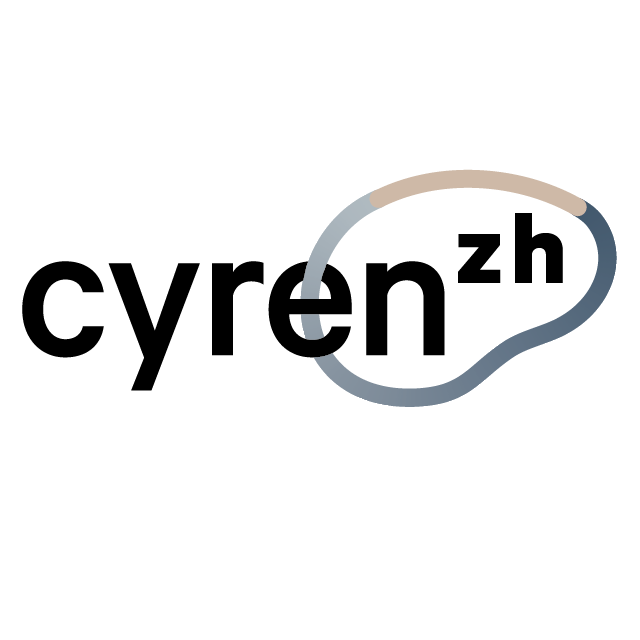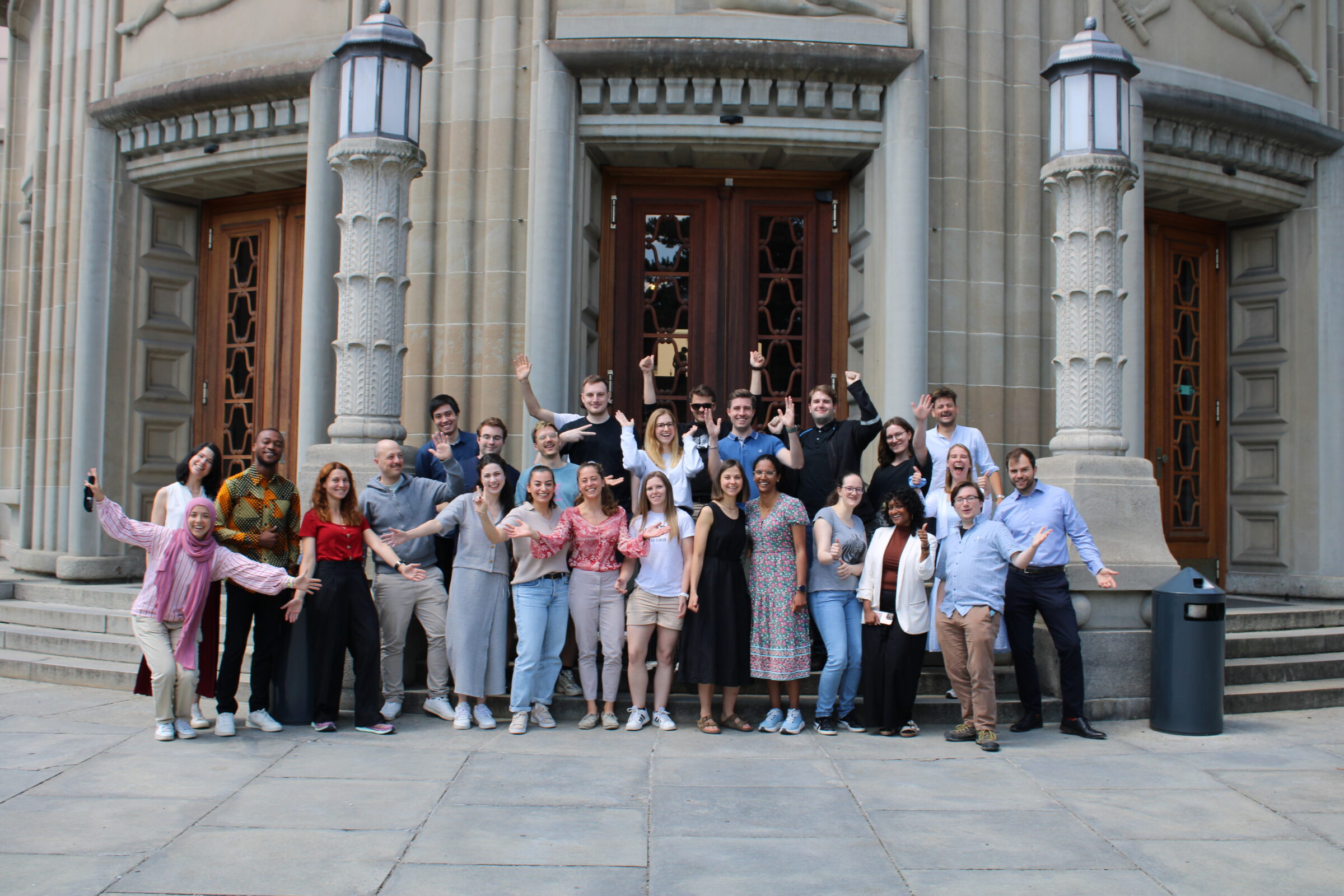The CYRENZH Summer School – jointly organized by Zurich University of Applied Sciences and University of Zurich – was the first edition of the Zurich Cybersecurity Summer School series, focusing on the emerging field of human factors in cybersecurity and privacy and took place from July 7th -11th at the Digital Society Initiative (University of Zurich).
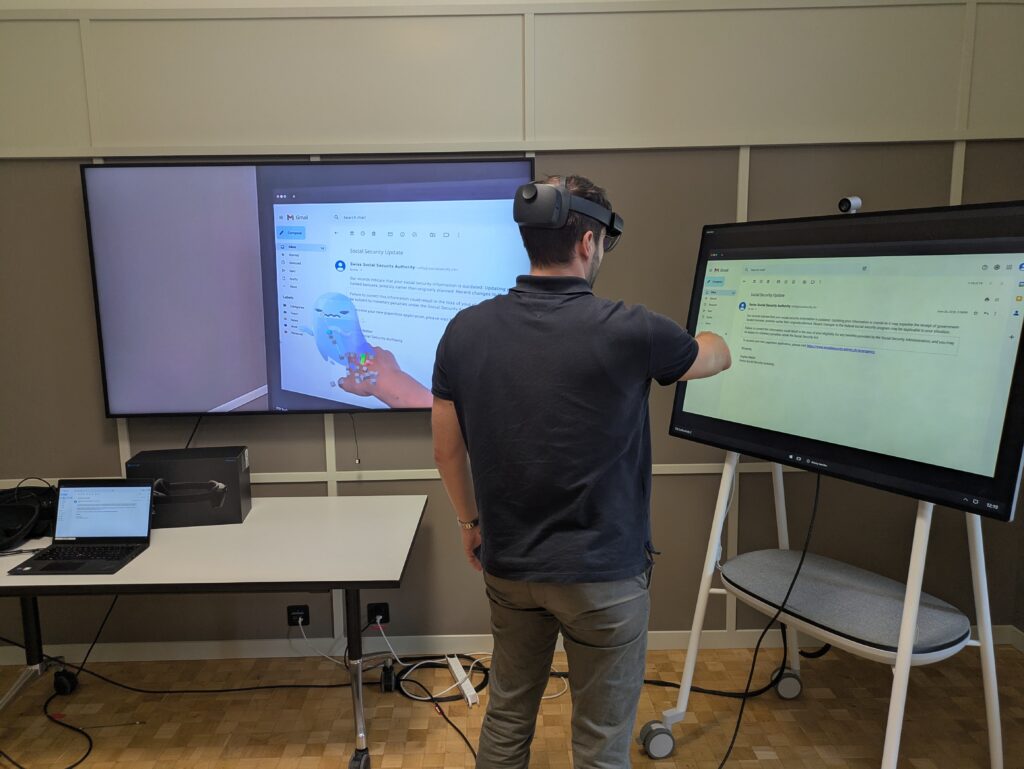
“The CYRENZH Summer School brought together a diversity of backgrounds and career stages, which prompted productive discussion and encouraged new ways of thinking, outside of one’s own field. A goal of the Summer School was to make you think; and it certainly made me think.” – Participant’s voice
The topic of this years summer school was interdisciplinary research methods, where our aim was to introduce research methods so that participants can use the interdisciplinary methodologies to enhance their own research projects or proposals, can critically reflect on ethical issues, and can communicate complex research findings effectively to lay audiences. I guess, we achieved this goal:
“I significantly deepened my understanding of interdisciplinary research and now see how I can systematically integrate new approaches into the cybersecurity discourse.” – Participant’s voice
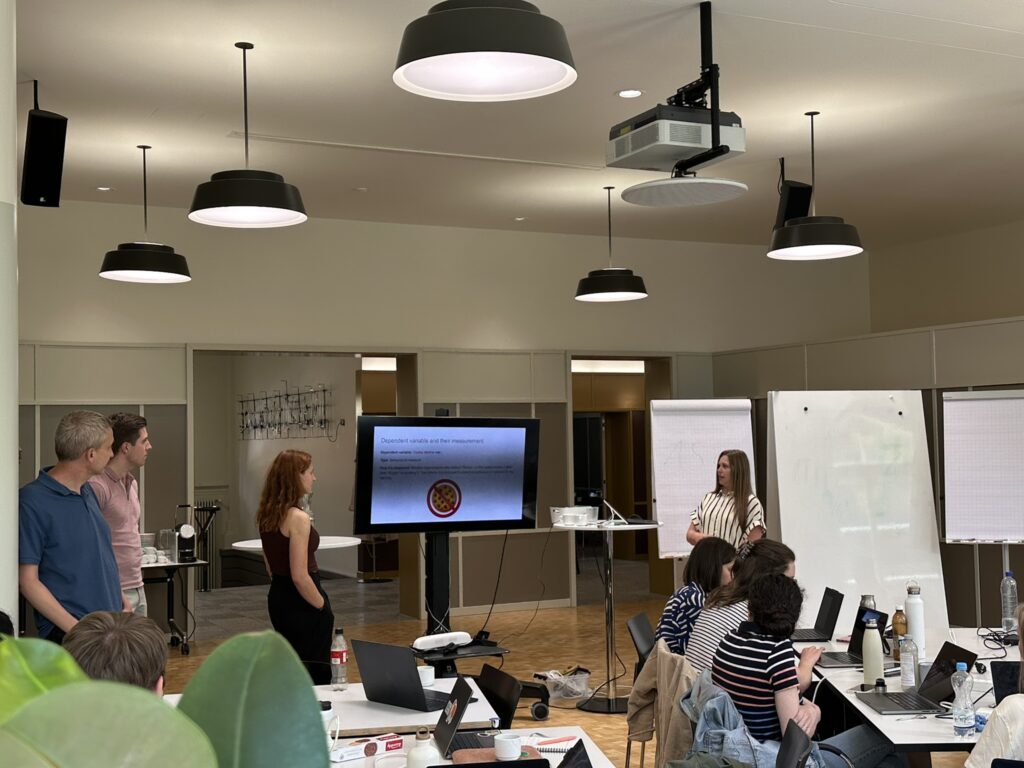
Packed schedule: With content…
Ignoring the distraction of the Women’s Euro in Switzerland, 26 international early career researchers – from MSc students to freshly graduated post-docs – gathered for 5 days in (mostly 😉) sunny Zurich and dived into a densely packed program.
The summer school emphasized innovative enabling research approaches embracing that view humans and technology as partners to enhance cyber resilience. Starting off with interdisciplinary research methods, participants thus learned (and directly applied in exercises and working on their own research projects) research methods from social sciences, such as mixed-methods approaches, large scale online experiments and extended reality as research methods, complemented by insights from computer science (e.g. how the use collaboratively artificial intelligence and how large language models can be used to detect vulnerabilities). Additionally, the summer school included transdisciplinary methods including storytelling skills and ethical reasoning when researching human factors in cybersecurity and privacy. These unconventional sessions were inspiring for the participants:
“The storytelling workshop was really good and provided hands-on methods on how to communicate science.” – Participant’s voice
… an industry visit to IBM…
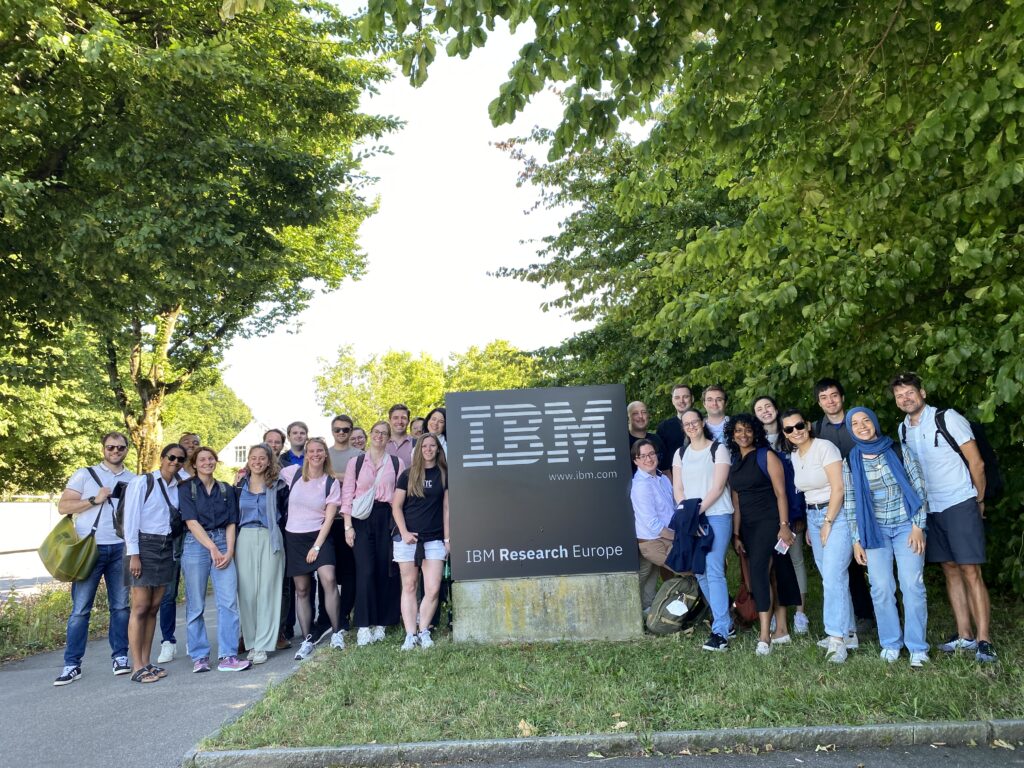
A particular highlight was the collaboration with IBM Research and the insightful and inspiring visit to the IBM ThinkLab on their campus in Rüschlikon, where IBM researchers presented state-of-the-art research projects in the industry. We got to know how IBM shapes successful research careers at the intersection of industry and academia too, and we learnt about current research innovations which – once again – are going to shape the future of technology!
… exchange amongst participants …
Besides the research methods, a second major goal of the CYRENZH Summer School was to connect like-minded early career researchers: we welcomed a diverse group of participants which are interested in health data privacy, cybersecurity law, virtual reality studies, behavioural aspects of cybersecurity, acceptance of privacy enhancing technologies and many other topics. The interactive sessions greatly benefitted from the different perspectives participants brought to the summer school everyone broadened their own views with previously unconsidered thoughts. The participants perceived this diversity as an important success factor:
“Finally I had the opportunity to get to know other like-minded researchers that intuitively understand my research questions, the need for certain research methods and who can relate to my research interests with their own experiences! This was fabulous!” – Participant’s voice
“The selection of participants was well balanced as it brought together diverse backgrounds that really enriched discussions in and outside of lectures. Also, considering this was the first time you had held a summer school, I think the team did a fantastic job delivering this really interesting program. I’m grateful for the opportunity to have participated! Thank you for all your efforts again!” – Participant’s voice
… and fun social activities!
Not ignoring the fact of being in an undiscovered city, however, the program of the summer school allowed to further explore Zurich and have a laugh: everyone used the afternoon with social activities and the summer school dinner to make the most out of this enriching composition and unique group spirit – and to have apparently some fun 😊!
“While all of that did happen, it would be a lie to say that the only conversation topic was research. That would have been rather boring. And thus, a very fun night was had!” – Participant’s voice
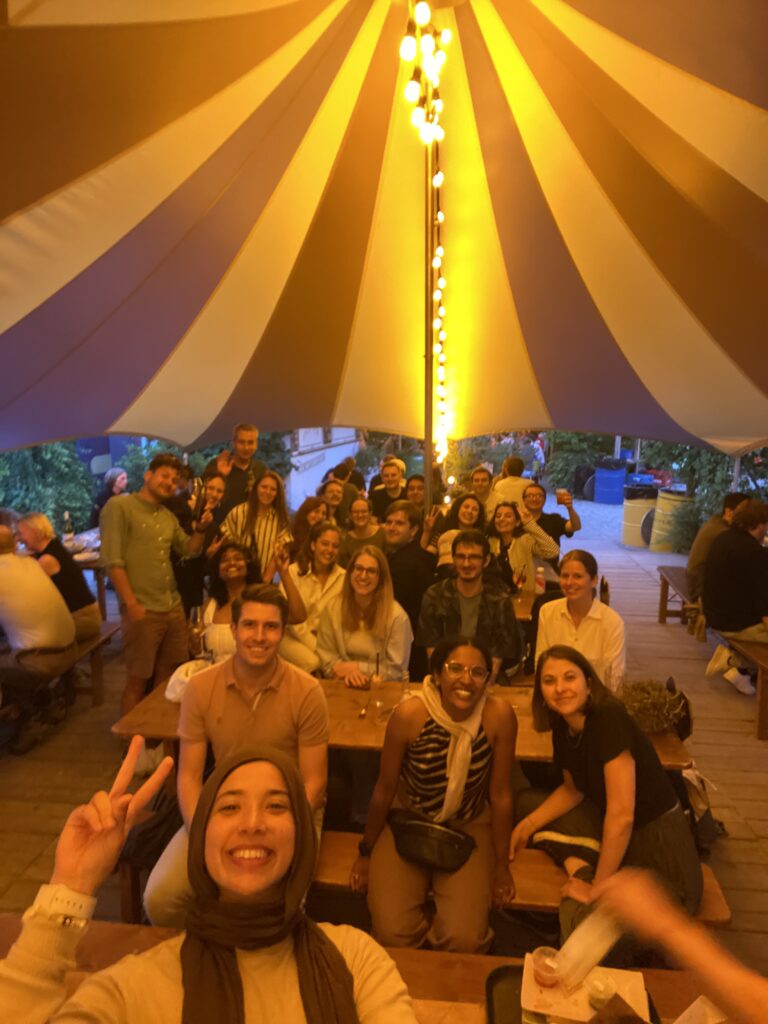
Successful first edition paves the way for a second edition in 2026
Overall, we conclude that the CYRENZH Summer School 2025 made a significant contribution to equipping participants with the skills and insights needed to address current challenges and opportunities in this innovative field and advance their own research projects:
“It was a very inspiring week and it felt great to come back to work with plenty of new ideas and motivation.” – Participant’s voice
“It was a pleasure to take part in the summer school – a really fulfilling experience – it was wonderful!” – Participant’s voice
We thank our sponsor IBM Research, Rüschlikon and everyone who contributed for making this first edition a success and we are convinced, that with the critical feedback we can further improve the summer school: we are already looking forward to our 2026 edition of the CYRENZH Cybersecurity Summer School on human factors in cybersecurity and privacy (a detailed announcement will be published in January 2026)!
For more information or queries about the CYRENZH Summer School, please contact:
We at CYRENZH have the vision of building a cybersecurity resilience network for the canton of Zurich (and beyond). For this, we are engaging in three pillars of activities (researching, establishing a volunteer network, and educating) and committed to technical aspects, and human factors for strengthening cyberresilience of our society. As part of the education pillar, we develop new courses for students and further education for practitioners, and we contribute with this summer school to the training of early career researchers.
